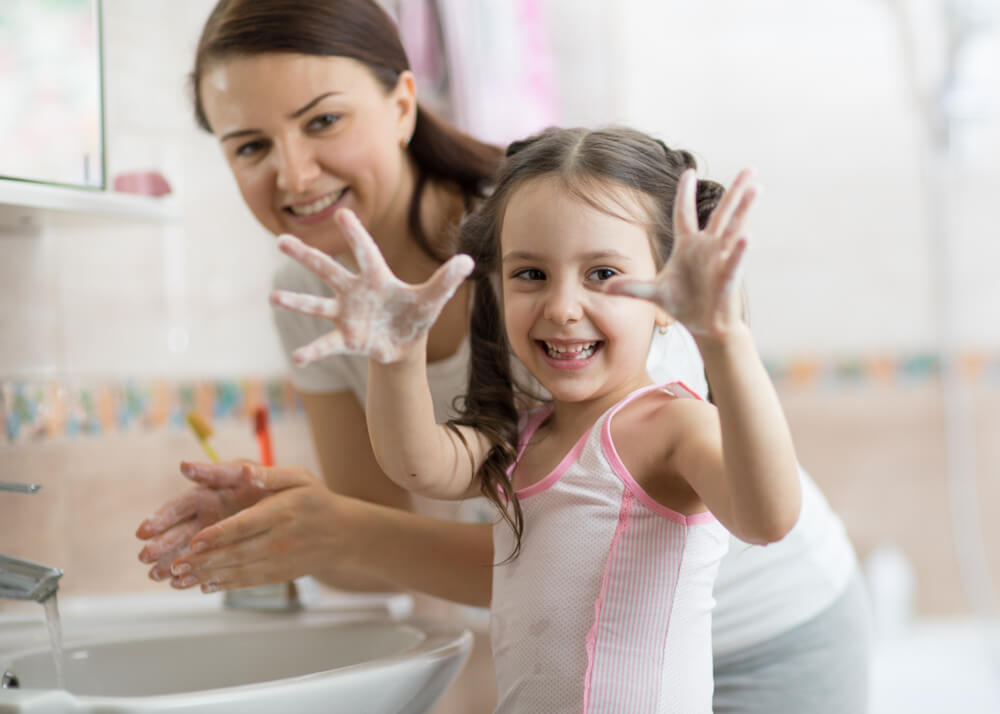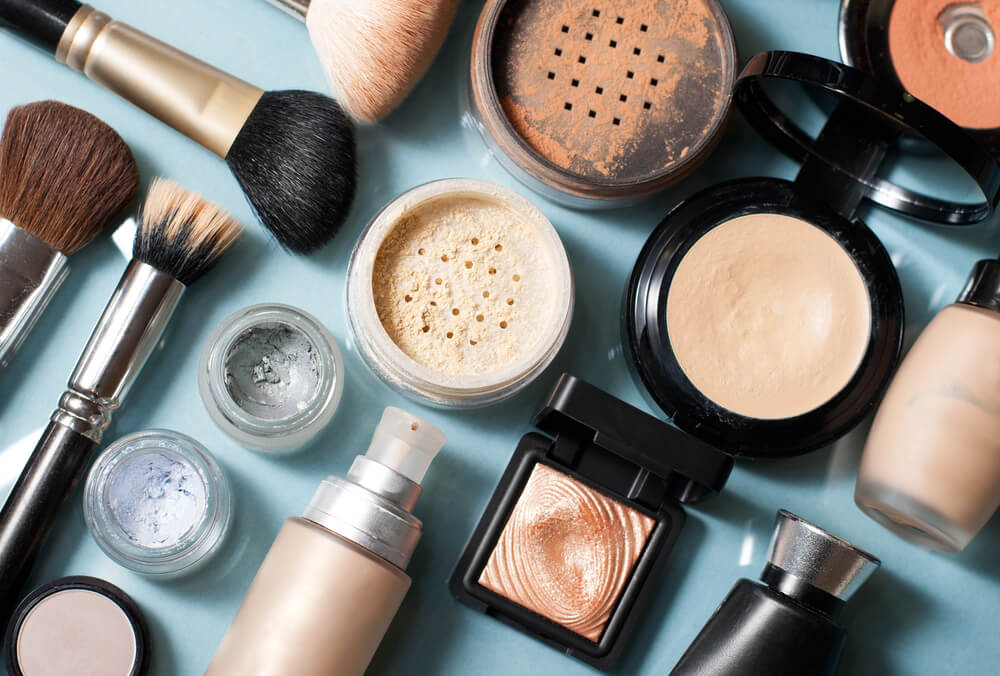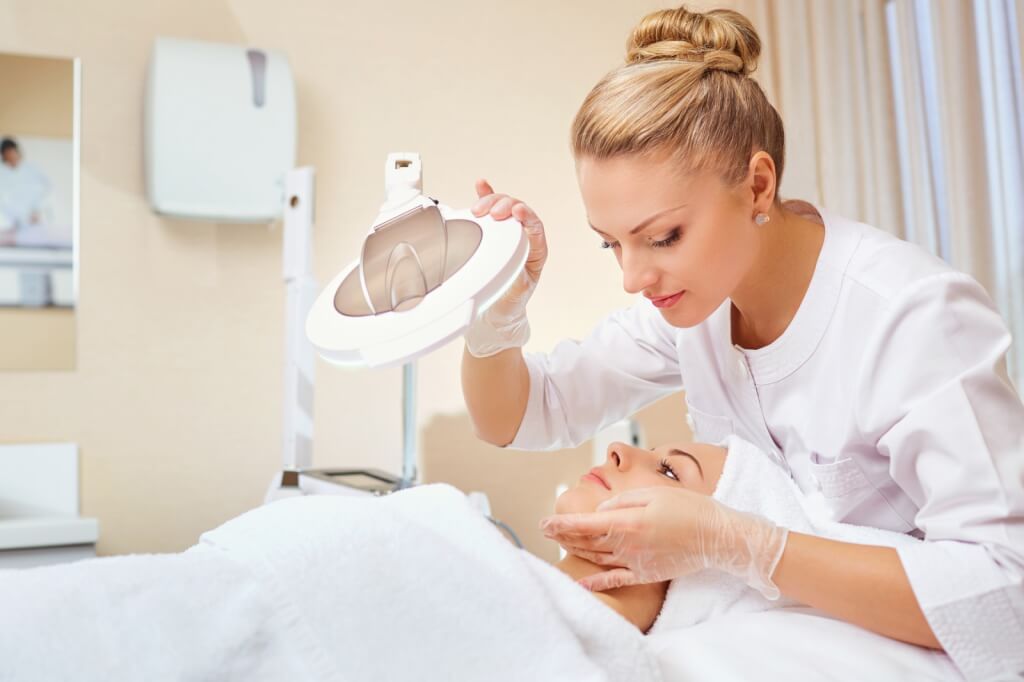How to protect yourself and your family during a coronavirus outbreak in the US: The New York Times instruction
'04.03.2020'
Source: Inosmi.ru
Despite the fact that the number of sick and dead from coronavirus is growing every day, there are no specific methods of treatment and prevention. Authors of The New York Times recommend adhering to standard precautions relevant during flu outbreaks, writes "Inosmi.ru".

In the United States, new coronaviruses are emerging. By following some basic rules, you can reduce the risk of illness, as well as protect other people if sick people appear in your environment.
Coronavirus continues to spread throughout Asia, Europe and the Middle East. In the United States, 90 cases were confirmed and six deaths were recorded.
The Food and Drug Administration has announced that inspections in the United States will be significantly expanded, but health professionals warn that the spread of the virus in the country is inevitable. And this means that it’s time for you to prepare your home and family in case the area of your residence suffers from infection.
Most important: do not panic. An outbreak of coronavirus is a serious public health problem, but most people who become infected can easily tolerate the disease, and only a very small proportion of patients require intensive treatment.
By following some basic rules, you can reduce the risk of the disease, as well as protect other people.
Wash your hands and stay away from sick people.
Wash your hands. This is probably not very exciting, but it works. Need to repeat again and again: wash your hands. Wet your hands with clean tap water, and then lather them. Lather everything without missing anything: the back of the palms, between the fingers, under the nails. Rub your hands for at least 20 seconds (during this time you will have time to sing “Happy Birthday” twice). After that, rinse the soap and dry your hands with a clean towel, or let them dry themselves.
Disinfectants alcohol-based hands will also help you if you wipe your hands with them for 20 seconds. However, the alcohol content of the gel should be at least 60%.
Centers for Disease Control and Prevention recommend do not touch eyes, nose, and mouth with dirty hands (we know this is difficult).
If someone has flu or a cold, try to stay away from such a person at least two meters. If this is not possible, try to keep at least some distance, because, according to experts, the virus spreads by airborne droplets and is transmitted by sneezing and coughing.
Do you cough or sneeze yourself? Cover your mouth with your elbowso that germs do not remain in your hands, from where they can quickly get to other surfaces. You can still master the “Ebola handshake”, welcoming friends and acquaintances with nudges. But do not press the elevator buttons with your fingertip, but with your fingertip.
If you have not yet become infected, the facial mask will not help you.
But if infected, a mask will help prevent the spread of the virus. Surgical masks have almost become synonymous with coronavirus outbreaks abroad, but they are unlikely to protect you. Most surgical masks are loose on the face and do not interfere with the inhalation of the virus.
Prevention centers and infectious disease specialists do not recommend facial masks if you are healthy. But if you are a paramedic or care for a patient at home or in a medical facility, you must wear a mask.
On the subject: 9 dangerous home treatments for colds
If you are infected, a mask will help prevent the spread of the virus. The most effective masks are N95that trap 95% of all small particles.
The US chief sanitary doctor urged the population to stop buying masks, noting that they will not help in the fight against the spread of coronavirus, but health workers may lose this important remedy.
Stock up on essentials, food and medicine
Refuse masks, but create a stock of household goods. This also applies to drugs, both prescription and over-the-counter. Experts recommend stockpiling essential medicines for 30 days. For the same period, stock up on food, detergents and diapers if you have small children.
Remember, alcohol is a good disinfectant for coronavirus, and therefore wipe the surfaces in your home with them to keep them clean. When blowing your nose, throw used wipes into the bin.
The Centers for Disease Control and Prevention also recommends regularly wiping surfaces that you often touch, such as phones and tablets.
In addition to creating inventories, an outbreak in the United States needs to be prepared in terms of information. Stay tuned for reliable news sources, such as the website of your local health department.
Prepare your family and tell her your plan
Create a family emergency plan with important questions such as evacuation, resources, and supplies. Make sure that every member of the family is familiar with all of these plans.
Contact the school where your children study regularly and find out all the changes in their plans and schedules, including early termination of studies, and online instructions. If you have elderly parents or relatives, as well as family members with special health problems, include in your plans such a question as caring for them if they become ill.
If you prepare a family emergency to-do list, answering such important questions as evacuation, resources and supplies, this will significantly help you and become a certain guarantee of success, especially if you have some kind of predisposition to illness or other diseases. Such a standard list is offered by the Centers for Disease Control and Prevention.
Keep calm with your children
The good news is that children are very rarely infected with coronavirus. Protect your children by taking the same precautions as against colds and seasonal flu: make them wash their hands more often, recommend staying away from coughing and sneezing people, and get them flu shots.
Experts recommend a flu vaccine, noting that vaccinating children is the best way to protect adults and older people from bacterial pneumonia.
Experts say that at present, parents have no reason to worry, and the good news is that children are very rarely infected with coronavirus.
When talking with children about an outbreak, first assess what they know about the virus. Try not to show them your concern. It is important that you do not reassure them, but talk to them seriously, according to their age.
Keep calm, and if an outbreak occurs in your area, try to adhere to the rules of "social distance", that is, spend more time at home watching TV and go out to the park as rarely as possible.
On the subject: The doctor debunked 7 myths about self-medication, in which we believe
Going on vacation? Think about how big the risk is.
Experts say that people in the US are now quietly traveling to places like California and Florida, but the situation there can change quickly.
If you are traveling abroad, check the warnings of the Centers for Disease Control and Prevention, which recommend that vacationers, without emergency, refrain from traveling to China, South Korea, Italy and Iran. The centers also ask older people and those who have problems with the immune system to postpone trips to Japan if they are not vital to them.
Insurance with a “refusal to travel for any reason” may protect you, but it is not cheap. Read all conditions, including in small print, so that there are no surprises.
It must be foreseen that malfunctions can occur during the trip, or that popular places and attractions will be closed to visitors or will work for a limited time.
But if you are sick, don’t go anywhere. Pregnant women and people with impaired immune systems should refuse trips that are not absolutely necessary.







